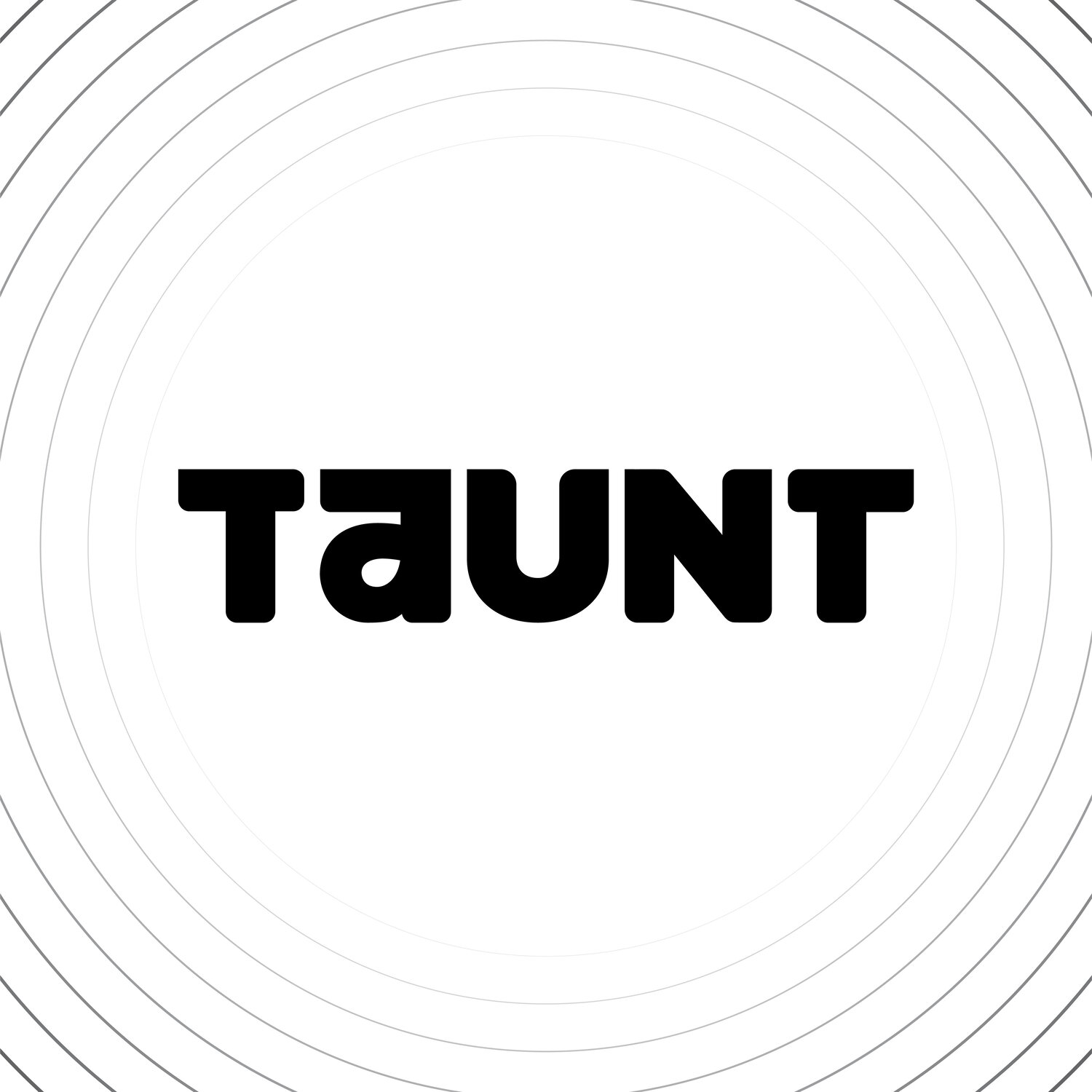Introduction
Compiled here are the poems of seven poets who came to a virtual Zoom workshop across three weeks back in July, when the streets of America were full of people, and had been for months. This time, Louisville was significantly involved because one of our own was the name being said: Breonna Taylor. The events taking place in our city were unprecedented in our lifetime and Louisville writers were burdened with something to say, but what exactly?
What may have been ineffable when they logged into the workshop on July 21, soon morphed into erasures of Mayor Fischer’s comments and reconstructions of LMPD police reports, gentrification maps and odes to the old neighborhoods of Louisville.
Some of the poets in the workshop had one foot in the streets and one foot in the workshop, holding both picket sign and pen. Some of the poets were quarantined somewhere between Churchill Downs and horse country, wanting to write against the silence surrounding them.
In the poems here, there is a persistent figurative and literal hunger concentrated in the West end—a food desert in a foodie city, a restaurant test market with signature cuisine, like the Hot Brown, and a ravenous appetite for real estate. “To these folk I say, “I AM STARVING!” Louisville poet Lance G. Newman writes in his essay for the debut issue of TAUNT.
These poets have written self-reflexively, examining their own complicity and whiteness, investigating etymologically, and producing, chronically, image systems that only exist within the landscapes of Louisville.
They revise the incident report that rendered Breonna Taylor invisible, challenge the language of the State, and call out the names of their neighbors. From West Louisville to Churchill Downs, Elliott Avenue to Americana, these poets speak to their community in affirmation and fire. They respond to a dilemma posed by the poet Aracelis Girmay in her poem “prayer & letter to the dead”:
how to talk of love & land, to sing
of home in the horrible years, & to fill
my language, like the stars do,
with the light, anyway, of a future tense.

